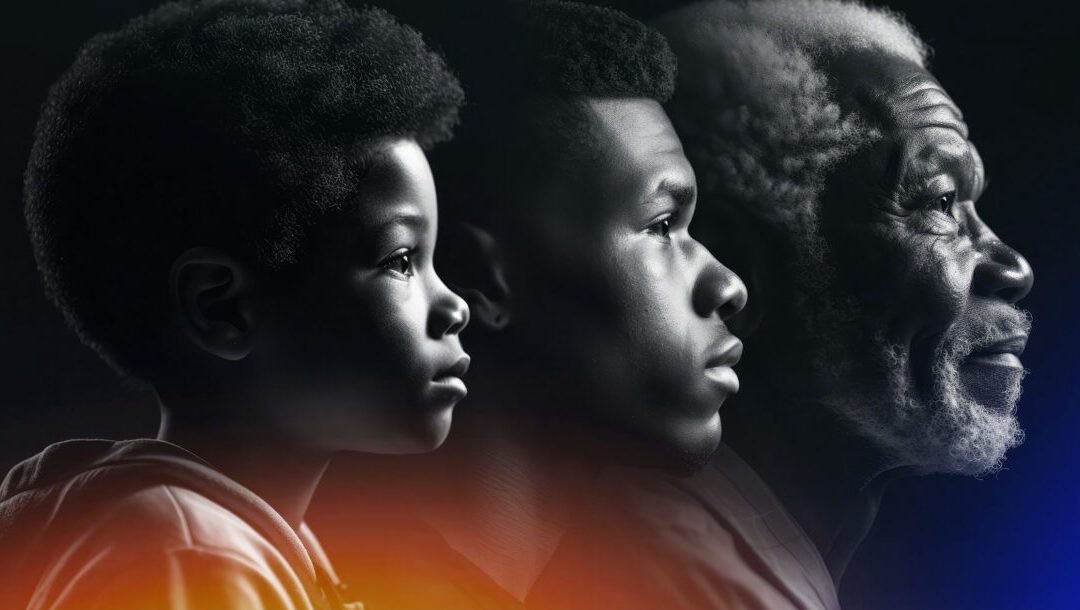In today's rapidly evolving business landscape, one concept stands out as a crucial driver of success: cultural equity. As businesses strive to adapt to a changing world and embrace diversity in all its forms, understanding and prioritizing cultural equity has become...
Helping African American Families Create Generational Wealth With Life Insurance
by SUSAN RUPE.
It’s not how many African American families own life insurance but how much life insurance they own that will determine the amount of generational wealth they will pass down.
That was the word from Eugene Mitchell, founder and principal of E. Mitchell Consulting Group, who was one of the panelists at a recent webinar on how life insurance creates generational wealth in the African American community. The webinar was offered by the National African American Insurance Association.
Mitchell is a former corporate vice president and African American market manager at New York Life who developed and initiated the $50 Billion Community Empowerment Plan. The $50 Billion Plan is an initiative to accumulate $50 billion of in-force life insurance in the African American community. By the middle of 2017, six years after announcing the initiative, Mitchell and his team crossed that $50 billion mark. The vision behind the plan was that 200,000 families with $250,000 of life insurance will create $50 billion of protection and tax-free future income.
He said more than half of African American families own life insurance, but most of those policies have small face values and are bought to cover final expenses. Those policies take care of the costs associated with funerals but do nothing to create and pass down wealth to the next generation.
“If we only have enough life insurance for final expenses, then every time one of us dies, our families start from zero because there’s nothing left for the next generation,” he said.
Mitchell said that when he was newly promoted to corporate vice president at New York Life, “the lightbulb went off” when he was notified that the company had taken out a $2.5 million corporate-owned life insurance policy on him.
“I asked, ‘Where does this $2.5 million come from?’ I was told that’s what the company values you at. They look at the current value of your future earnings – your replacement value. I’m 30 years old, making $100,000, they expect me to work here for another 25 years – that’s $2.5 million. I never thought about life insurance that way before. Someone asked me, ‘Don’t you have a $2.5 million policy for your family?’ and I said no. Then I realized the company valued me more than I valued myself.”
Mitchell said he tells clients, “Don’t think of life insurance as another bill. Instead, think of it as build. We all know we will pass at some point. Why don’t we put something in place that we can pass down to the next generation?”
In addition to providing funds for final expenses, “life insurance creates an instant estate,” Mitchell said. “Now after that death benefit has been paid, you can talk to someone about what they will do with it.”
Mitchell challenged his fellow professionals to “think of the power and potential out there by adding up the policies we have in force on our clients.
“At some point, someone will deliver those death benefit checks. How much wealth will you create with this tool?”
African American prospects often intimidated
African American prospects are often intimidated when buying life insurance, said Jenee’ Green, senior partner, personal lines, with AMH Group.
“People think they have to have a certain amount of coverage,” she said. “Too often, we see someone come in with a sales pitch and a family can’t afford a $2.5 million policy but maybe they afford $50,000. I like to be able to meet people where they are.”
Green also said advisors will find success by having difficult conversations with prospects and clients about protecting their families.
“As agents, we need to have the difficult conversations, otherwise why are we here?”
People are worth more than property
Jason Rodriguez is risk management advisor with Prominent Agency. He primarily works with property/casualty insurance but finds opportunities to discuss life insurance in his work with small-business owners.
“I tell them that the most valuable thing to insure is the person themselves and not their property. I tell them to think about insuring themselves and most people don’t consider that. We’re worth a lot more than the properties we insure.”
Home and auto insurance may be mandatory, Rodriguez said, “but you have to make life insurance a mandatory product for yourself to protect those who depend on you.”
Living benefits in many of today’s life insurance products help eliminate the reluctance that some prospects may have in buying something they believe pays out only upon death, Rodriguez said.
“People are so used to the life insurance policies of old where you don’t get anything until you die,” he said. “But most people get sick before they die. Living benefits must be part of the insurance conversation.”
It can take time
It can take time – sometimes even years – to get a prospect to the point where they feel comfortable buying life insurance, said Ernie Williams, principal, Ernie Williams Insurance Agency.
“We’ll insure an iPhone but we won’t insure ourselves,” he said. “That’s frightening and you have to work that into a conversation and sometimes it takes years to get to that point. We can work with a young family and say, ‘Let’s get a $300,000, $400,000 term policy in place and walk with that for a year or two and then revisit it.’”
See Original Article at Insurance News Net









